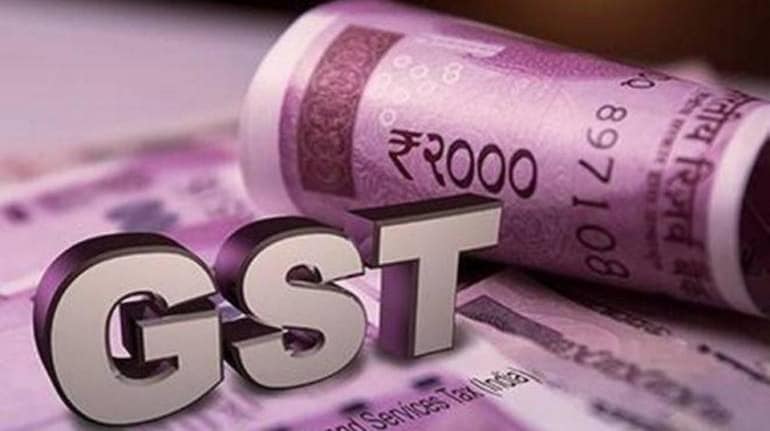
After the June Goods and Services Tax (GST) Council meeting, Finance Minister Nirmala Sitharaman had said the government was planning to have a single-point GST Council meeting in July on compensation cess, which has been a bone of contention between the states and the Centre.
The GST Council would examine the legal implications of borrowing from the market to meet the shortfall in funds to compensate states for their GST revenue loss and ensure that states’ guaranteed revenue growth of 14 percent year-on-year is protected.
Former finance minister Arun Jaitley always highlighted that all of the decisions taken by GST Council, since its inception, have been driven by consensus. However, with revenues dipping, this GST Council meeting is expected to see the differences between the Centre and fiscally stressed states play out.
The national lockdown imposed to contain the coronavirus pandemic has led to an increase in the states’ GST losses and differences with the Centre have only grown over the last few months with respect to the central government’s obligation to make up for the losses, a situation that wasn’t anticipated in GST laws.
The relationship between the states and the Centre has been deteriorating for some time now. The economic slowdown resulted in the Centre missing its tax revenue targets. This in turn led to lower tax devolution to states in 2019-20.
For FY20, the share of states in the gross tax revenue fell to Rs 6.56 lakh crore, from the budgeted target of Rs 8.09 lakh crore - a shortfall of Rs 1.53 lakh crore. In part, the shortfall was due to higher transfer to states in 2018-19 and also because of Centre's lower tax collections.
Apart from tax collections messing up the fiscal math, the compensation cess distribution to states for GST has been a bone of contention between the Centre and states.
States have for long been complaining about delays in getting their assured compensation. States such as Kerala have also suggested that Centre should borrow from the market to pay the backlog of dues. The argument put forward is that the Centre can repay the borrowings by continuing to impose cess on items such as automobiles and tobacco beyond 2022, the official expiry date for these levies.
Among the numerous decisions taken so far, the only issue on which the council had to resort to voting for settlement was taxation of lotteries due to differences among states.
Bihar Deputy Chief Minister Sushil Kumar Modi, who is the convenor of several ministerial panels within the GST Council, recently said that the Centre can compensate states only from the revenue collected in the compensation cess fund, not from the Consolidated Fund of India.
“The law does not provide that the central government will at any cost provide compensation to states. It is to be given from the compensation cess fund. It is another thing that states may issue any kind of political statement," Modi said in an interview.
According to him, the options before the council to tackle the compensation issue —increasing the tax rates and extending the coverage of GST cess — cannot be taken up in the immediate future due to the pandemic.
Kerala Finance Minister Thomas Isaac had said in the December meeting that the council could borrow to fund the compensation requirement and extend the levy of cess from five to six years. However, the council is only a policymaking body with no revenue stream of its own. Tax collected from GST goes to the Centre and states, not to the council.
Discover the latest business news, Sensex, and Nifty updates. Obtain Personal Finance insights, tax queries, and expert opinions on Moneycontrol or download the Moneycontrol App to stay updated!